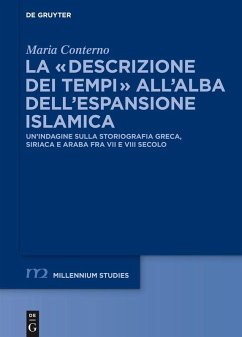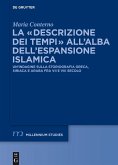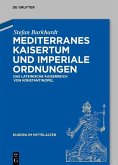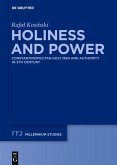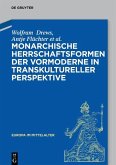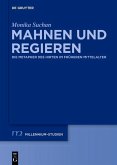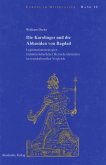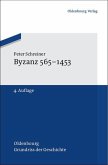During the VII-VIII centuries Byzantine historiography is supposed to have remained silent, since no source dating to that period has come down to us. West Syriac historiography is believed to have been quite scanty as well because, according to Lawrence Conrad's theory, the only source that later Syriac chroniclers had for this period was Theophilos of Edessa, whose chronicle is commonly thought to be Theophanes' "oriental source" as well.
A thourough study of the materials shared by Theophanes (IX cent.), Michael the Syrian (XII cent.), the anonymous chronicler of 1234 (XII-XIII cent.) and Agapius of Mabbug (X cent.) has led the author of this book to reconsider the theory of the "circuit of Theophilos of Edessa" and to look with new eyes at the whole question of the writing of history in Greek, Syriac and Arabic during the first two centuries after the Islamic conquests.
The present work delves into this conspicuous case of "intercultural transmission" with the aim of finding some tentative answers to the unspoken questions due to our scarce knowledge of historiography in such a crucial period: who kept memory of what, why, for whom? in which forms were records produced, preserved and transmitted? how did religious issues influence this practice and how did these materials cross denominational borders?
Dieser Download kann aus rechtlichen Gründen nur mit Rechnungsadresse in A, B, BG, CY, CZ, D, DK, EW, E, FIN, F, GR, HR, H, IRL, I, LT, L, LR, M, NL, PL, P, R, S, SLO, SK ausgeliefert werden.

